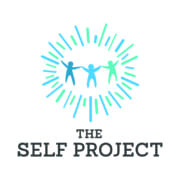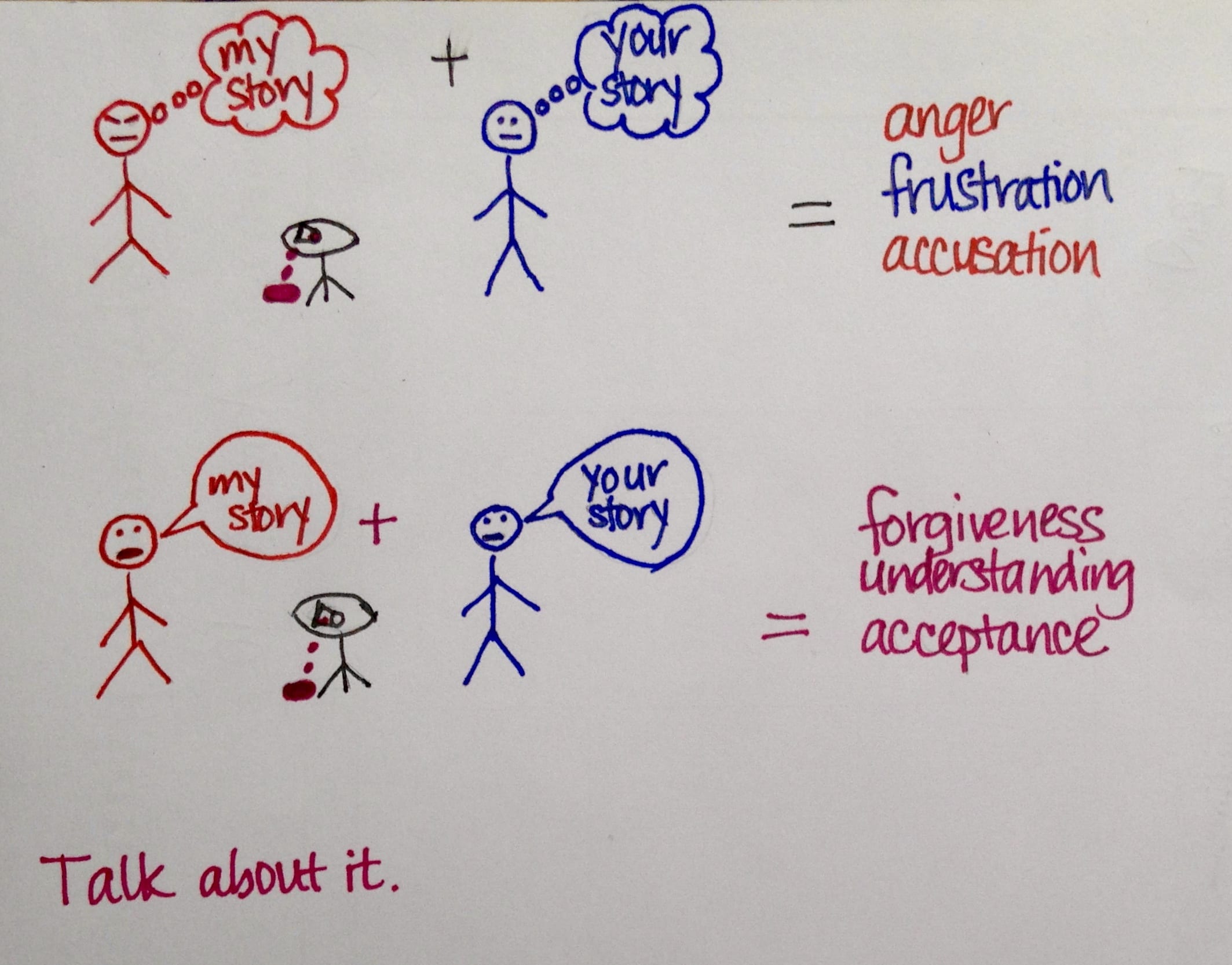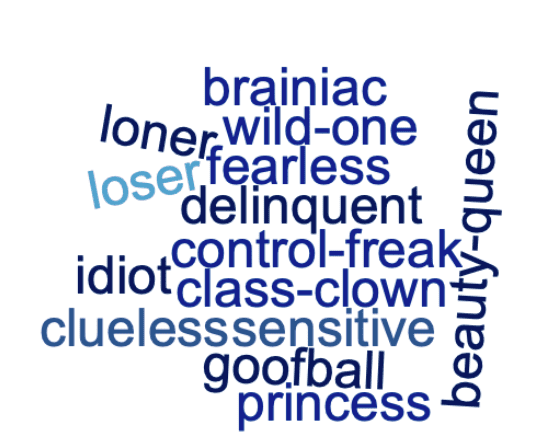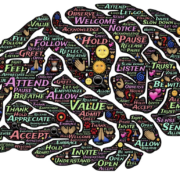Parent/Teacher Teen Relationships: Widening the Web
They look like little adults.
They act like little adults (sometimes).
They demand to be treated like adults.
They aren’t little adults. They are teens, and it can be really confusing to decide how to interact with them from an adult perspective. We don’t want to coddle them because it’s important for them to begin solving their own problems and taking responsibility for themselves. But the truth is, they don’t have the benefit of life experience or the neurodevelopmental maturity to handle complicated situations yet, so what’s a parent or teacher to do?
There is a lot of talk about independence when it comes to teens, but I’d like to challenge that concept, if I may. None of us is truly independent. Can you replace your home’s water heater on your own if it fails? Can you purchase a car without a loan from the bank or credit union? If someone close to you is struggling with a difficult life event, do you reach out in support or let them deal with it alone? I’d like to think that what we really want for ourselves and our teens is to become interdependent instead – to know that over time we have built a web of trusted people and systems that we can rely on when we need help and to whom we can offer our unique talents as well.
So what does that have to do with adult-teen relationships? It requires us, as adults, to become very strategic with regard to how we interact with teens. It means that we take the view that our relationship is a dynamic and evolving one that allows for gradual changes in the balance of power. Over time, as our students and children show us that they are more competent and confident, we can allow them to have more say in how we interact with them and how they interact with others. We can ratchet down the tangible supports and help them determine when they need to ask for help.
It also requires us to acknowledge that a healthy web of relationships includes a variety of people who support, challenge, network and care for our kids. If teens don’t have a group of adults – be they teachers, parents, mentors, extended family, a boss at work – who provide these important pieces of the web, they will look to their peers to fill the gaps. While peers play a vital role in our teens’ lives, they don’t have the life experience or emotional stability that most adults do, so it is incumbent upon us to check in from time to time and see where our students may need shoring up.
It can be incredibly difficult to engage in this kind of relationship with teens, since they are driven to push away from adults who have historically acted as parents or were in a position of power, but it is important that we stay connected and help them determine which of the other people around them can be trusted to help them become the people they strive to be. There is a great deal of research that demonstrates the significance of teen-adult relationships with regard to healthy social-emotional development and if parents and educators can find ways to have evolutionary, progressive relationships with teens, we can have an incredible impact on their ability to navigate the world with confidence and support.
Next Time: Tips on how to build a developmental relationship with a teen











Great insight, Kari! I really agree with the idea of interdependence.